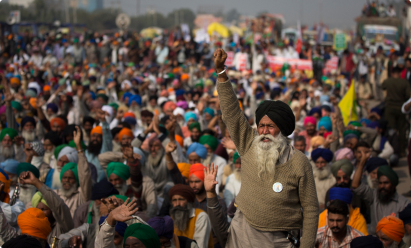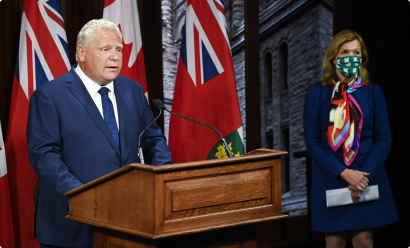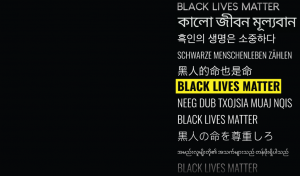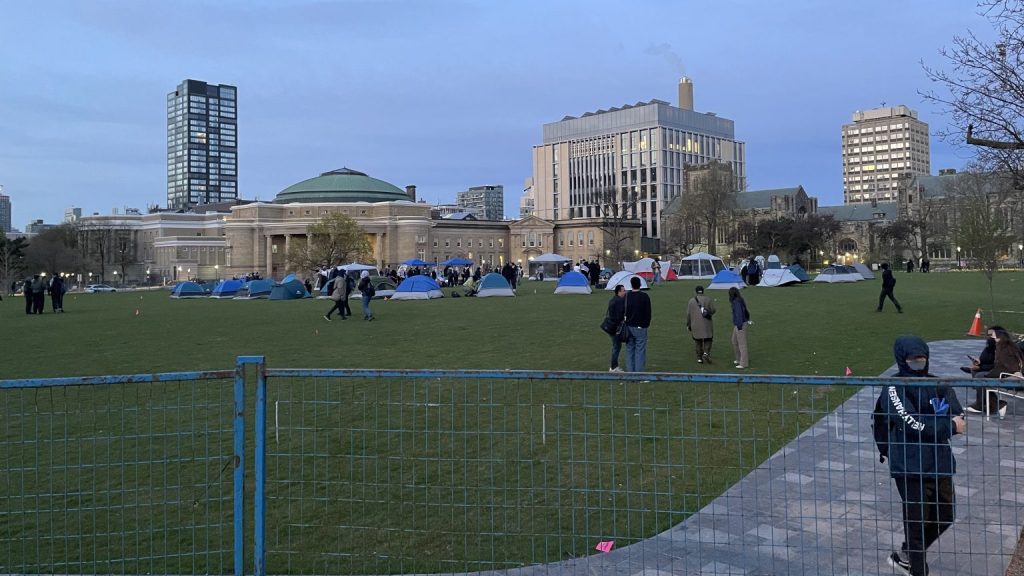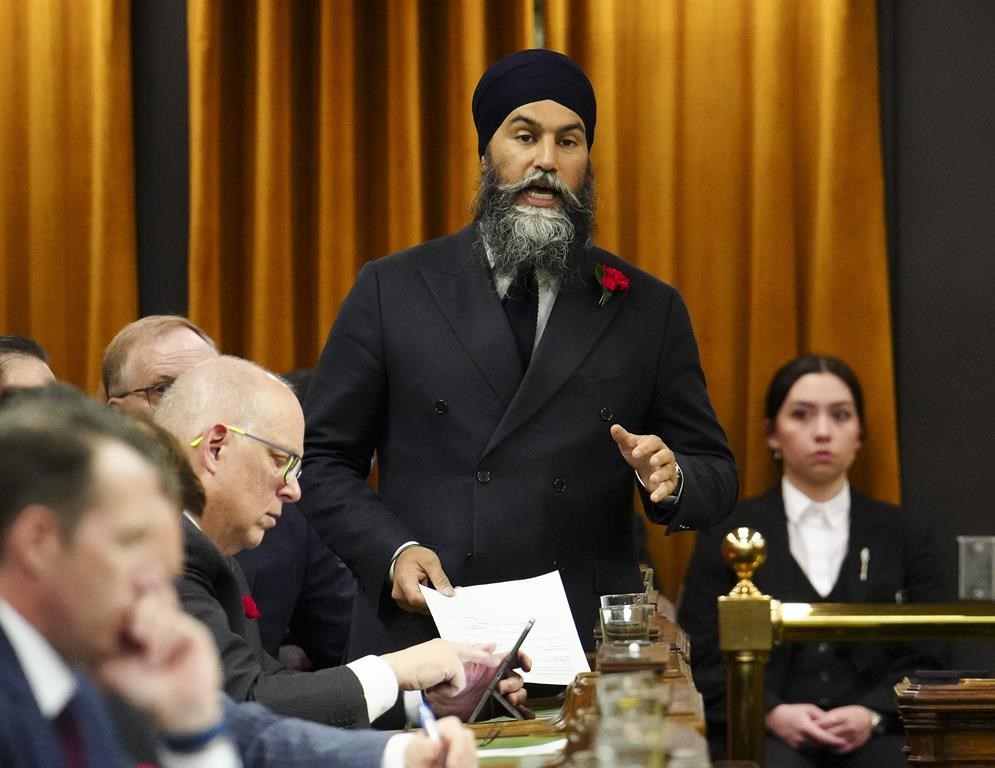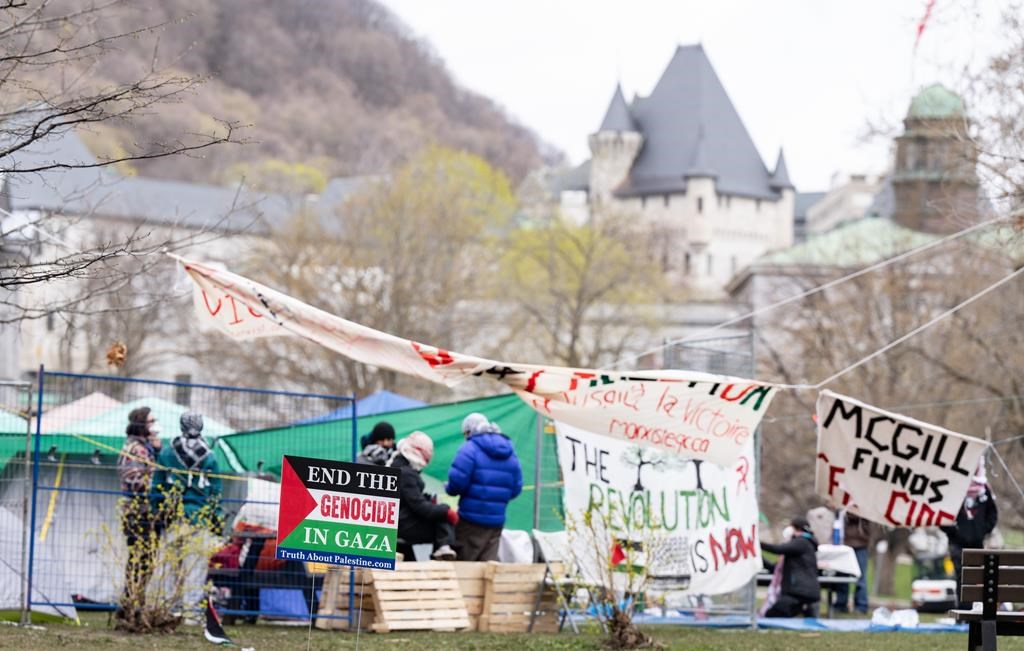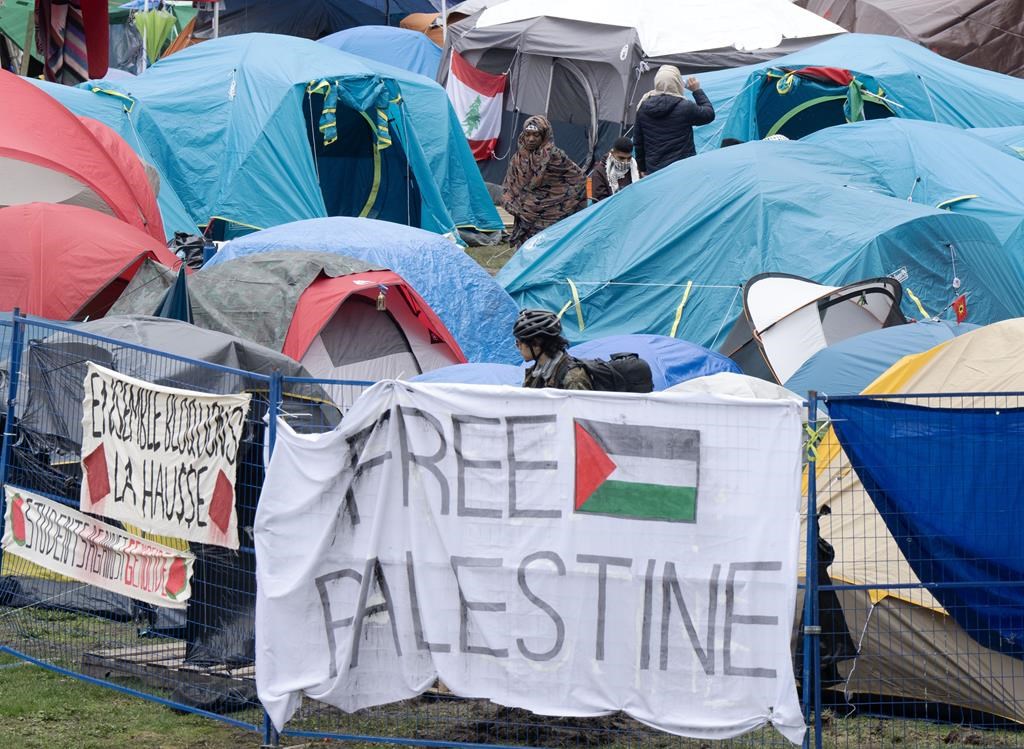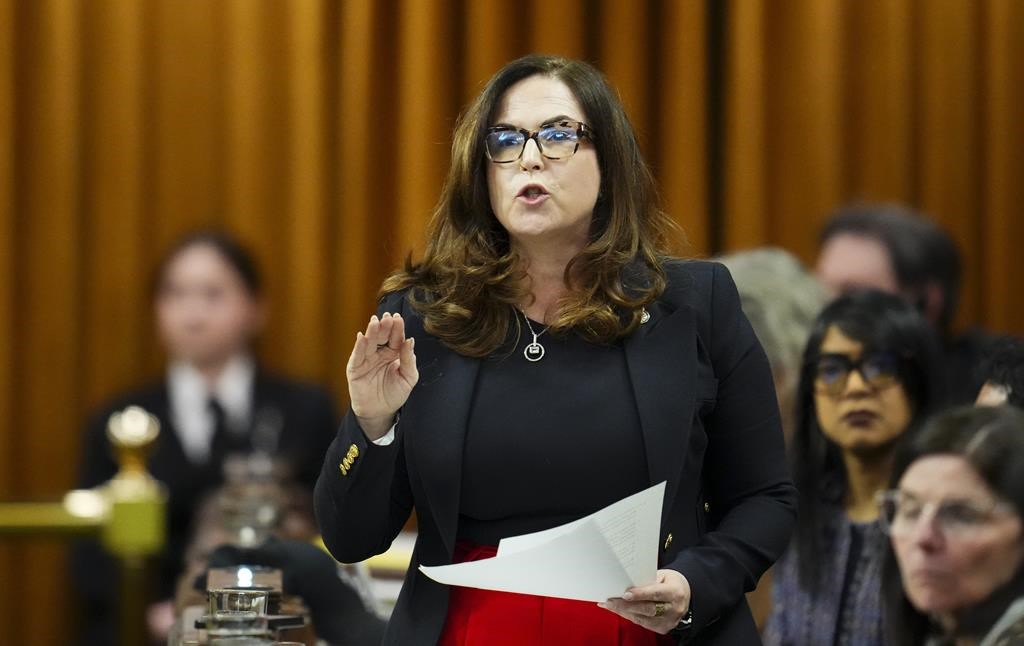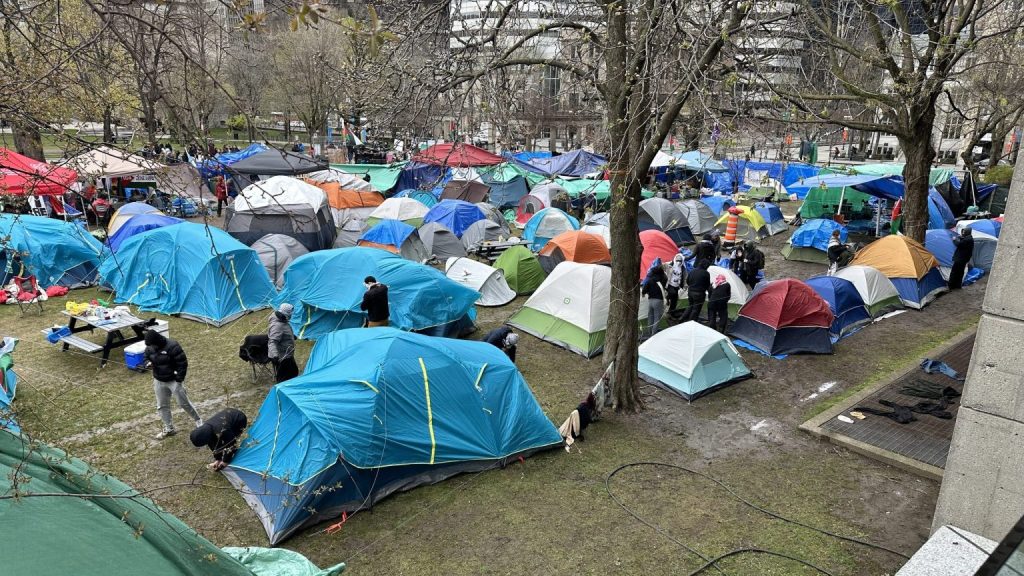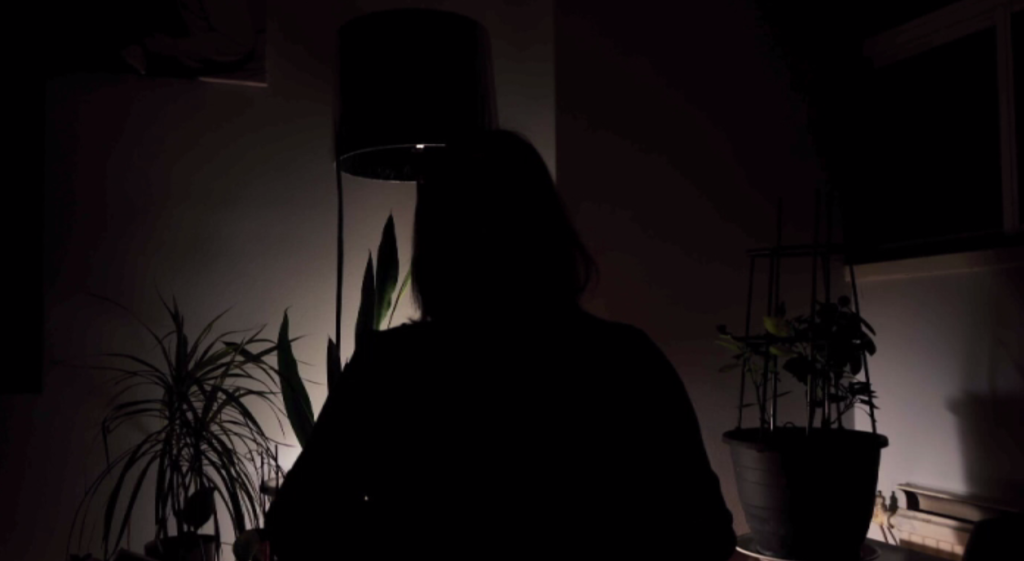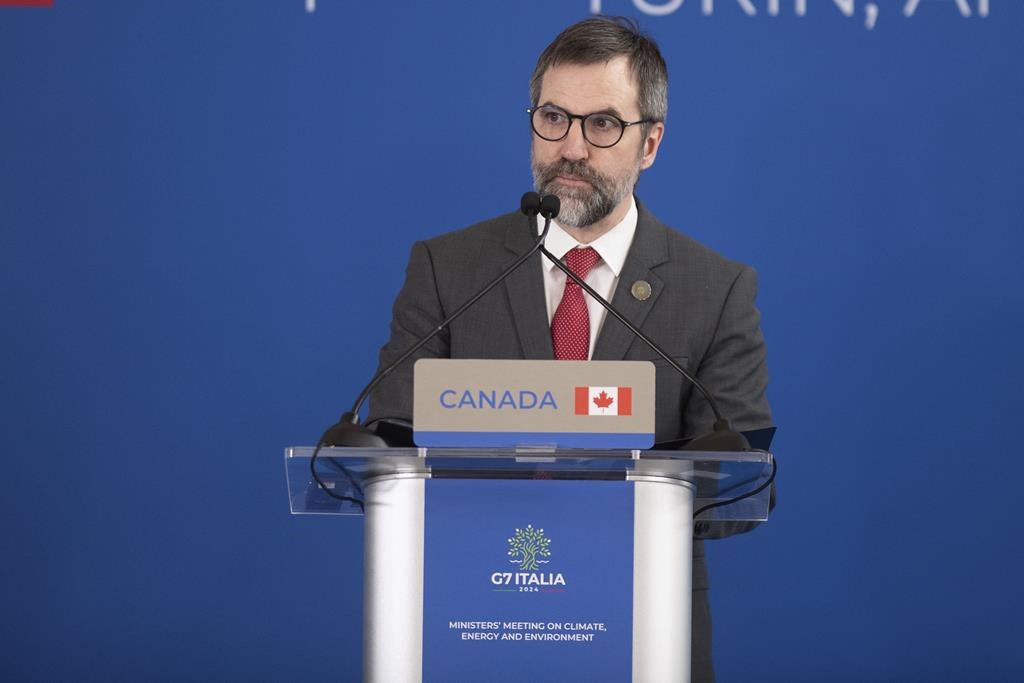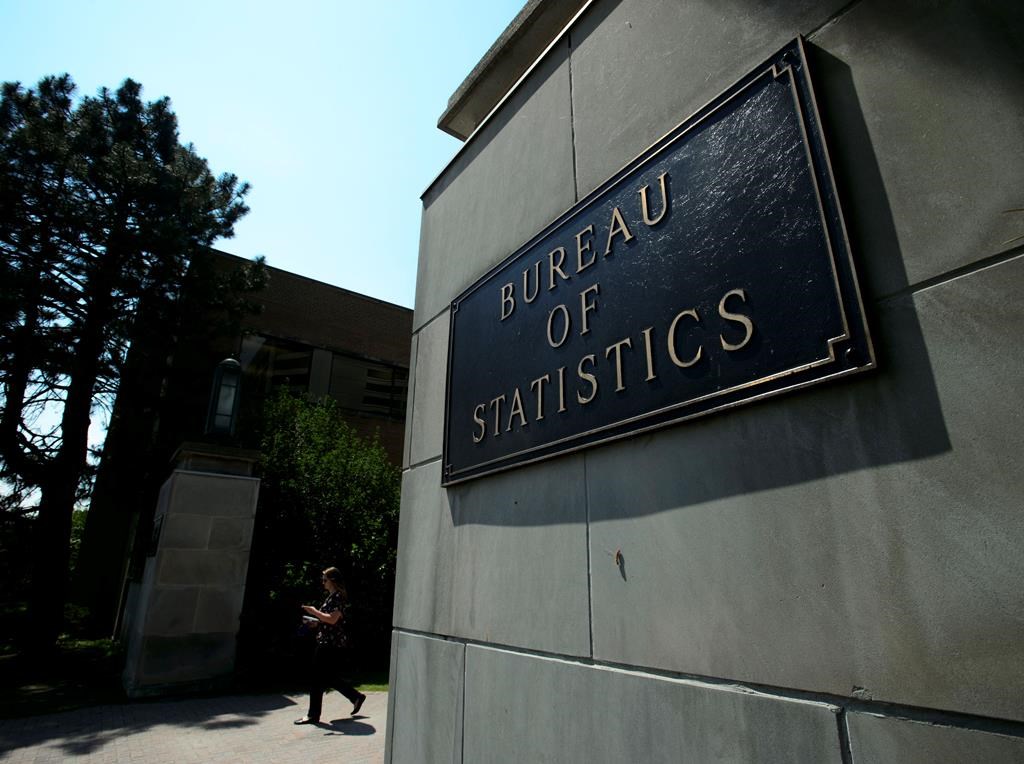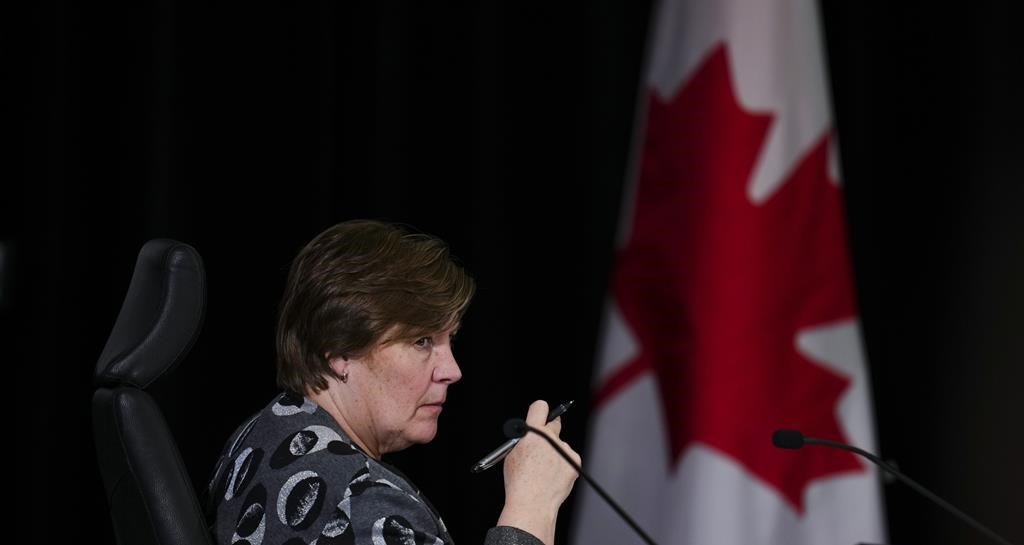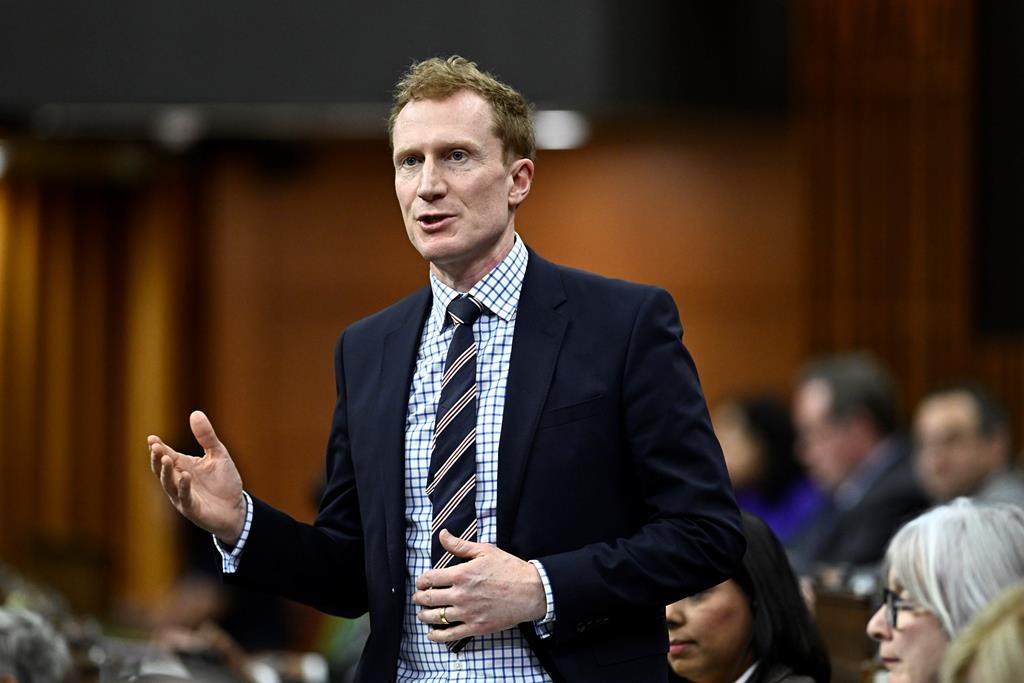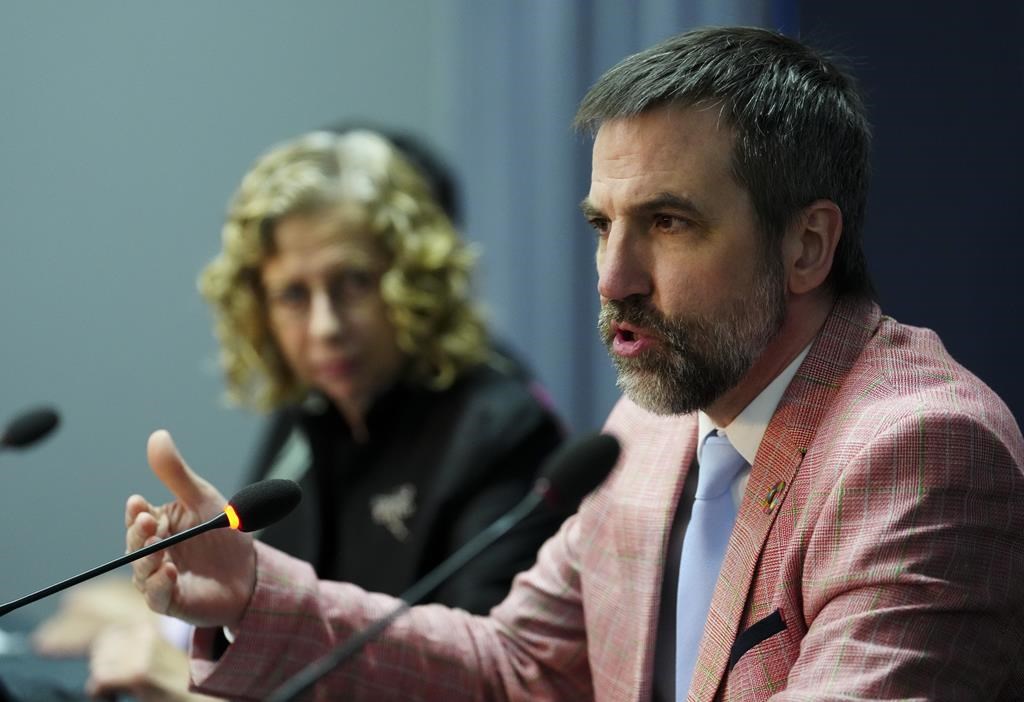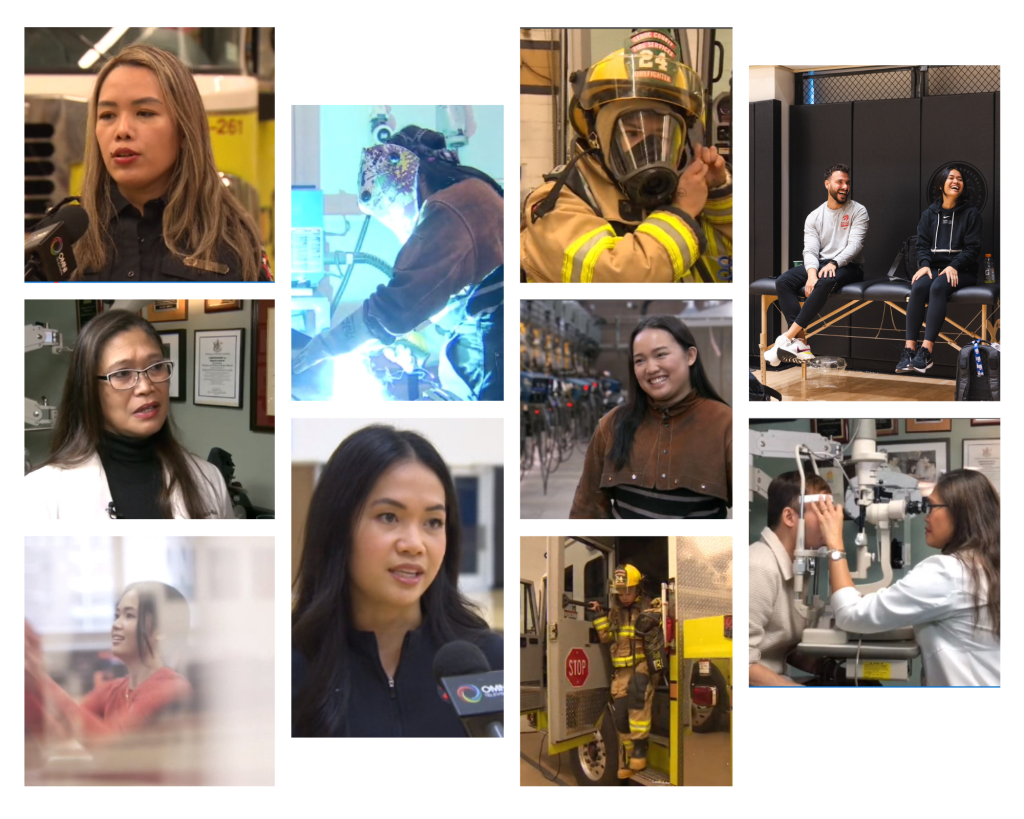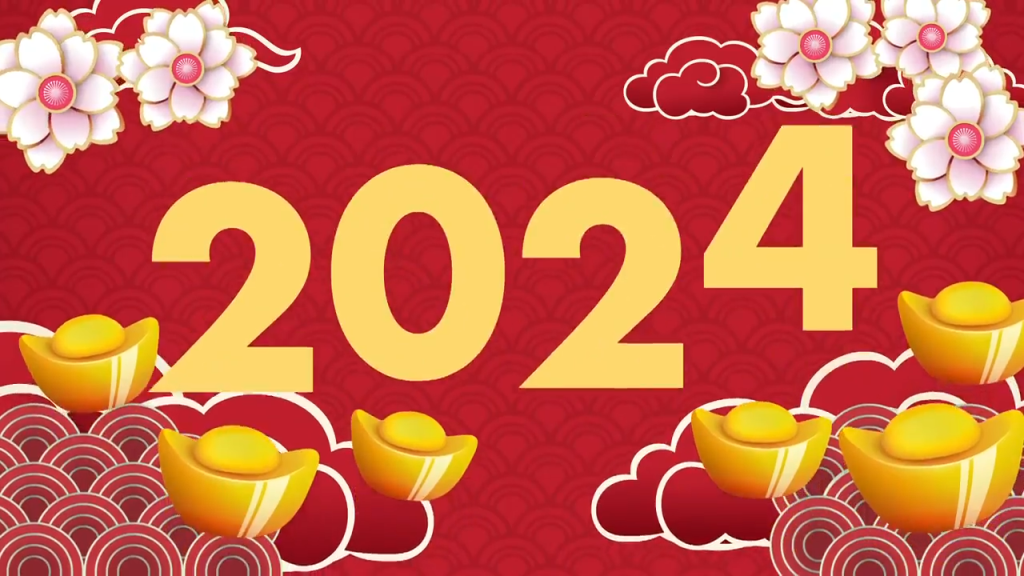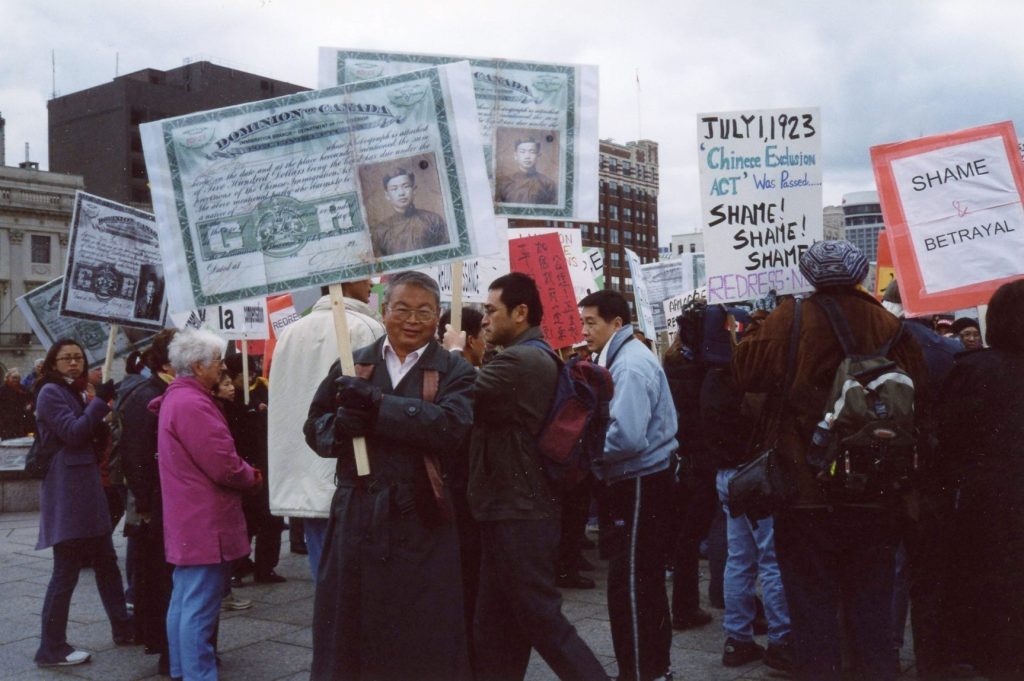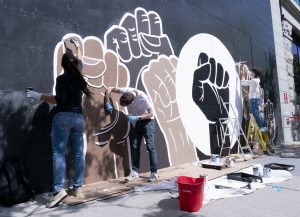“Mom, Dad, Uncle, Auntie, Grandfather, Grandmother: we need to talk.”
Talking to your parents about anti-Black racism can be difficult, especially for children of immigrants. After the murder of Philando Castile, a Black man killed by police during a routine traffic stop in St. Paul, Minnesota, a group of Asian-Americans worked together to write Letters for Black Lives: a crowdsourced project created to help young people start conversations around the prevalence of anti-Black racism within their own communities.
Since its inception in 2016, the letter has been translated into more than 30 languages by volunteers around the world, with each version uniquely tailored to address the different racial inequalities specific to that community.
Culture journalist and documentary filmmaker Bedatri D. Choudhury said looking at the issue of anti-Black racism through a more personal lens can help parents from racialized groups better understand the oppression Black people face in North America.
“What we’ve been trying to do is kind of draw on incidents of police violence against members of our own communities and talk about them first and say that this happened to us too,” Choudhury said.
Choudhury first worked on the Bengali translation of Letters for Black Lives in 2016, and admits that even after discourse around anti-Black racism entered the mainstream in the wake of George Floyd’s murder in 2020, starting that conversation isn’t always easy when you are focusing on its prevalence in your own community.

“How do you tell your father that he’s racist? How do you tell your mother that what she just said is something she shouldn’t be saying?” Choudhury asked.
“It’s different because, you know, our parents and grandparents in the U.S. have not had an easy day; so especially in immigrant families, working class immigrant families, it is a very difficult conversation to have.”
Caroline Bennett-Abuayyash is an assistant professor of Social & Behavioural Health Sciences Division at the Dalla Lana School of Public Health. She signed onto Letters for Black Lives as an Arabic translator in the summer of 2020 after the death of George Floyd.
“I feel like a lot of the work that we were doing was trying to focus on anti-Black racism more broadly, when I’ve been thinking a lot about what we can do also within our communities because we also have our own history with Black racism, particularly for Arab communities which are quite racially diverse,” Bennett-Abuayyash said.
“I know from my own experience that there is racism in my own community and those conversations are hard to have because when you experience some form of racism yourself and oppression, then it becomes hard for you to see beyond that.”
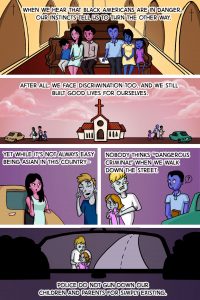
Choudhury added that even when made aware of injustices against Black people, many immigrant families live under the model minority myth, believing that staying quiet will keep them out of trouble.
“Especially with immigrant families, there’s so much fear of the police and so much dedication to doing the right thing. So it’s like, ‘oh, let’s keep our mouth shut. Let’s just do what the law asks us to do and not raise our voices,” Choudhury said.
“There is also this idea of, ‘oh, this is happening. The police are killing black people. Why should I be involved?’”
The letter includes a call for solidarity across racialized lines to combat anti-Black racism, a level of cooperation the letter says is imperative to combating white supremacy and ultimately uplifting all marginalized communities.
Choudhury said many minority groups don’t have to look far to notice the privileges afforded to them thanks to Black civil rights leaders.
“What we don’t realize is that as immigrants, our rights to do work here, to live here in peace, to get legal visas, to stay on in our country, especially a country like the U.S., are those rights,” Choudhury said.
“We have those rights only because Black people fought for them and we are living on their backs.”
Once that level of understanding is there, Bennett-Abuayyash said it’s much easier to get immigrant populations to join the fight for equality.
“A lot of it is recognizing that we can’t just do pieces of work here and there and just focus on ourselves, that when we look at racism structurally, that’s when everybody benefits from anti-racism work,” Bennett-Abuayyash said.
Click to read the latest versions of Letters for Black Lives

